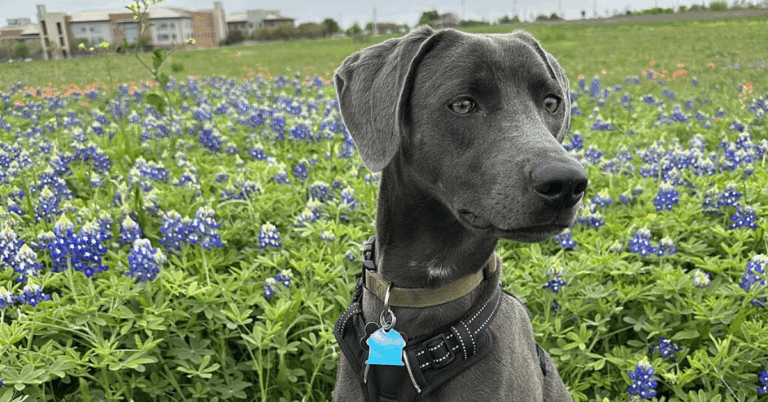10 Things To Understand Before Adopting A Wolfdog
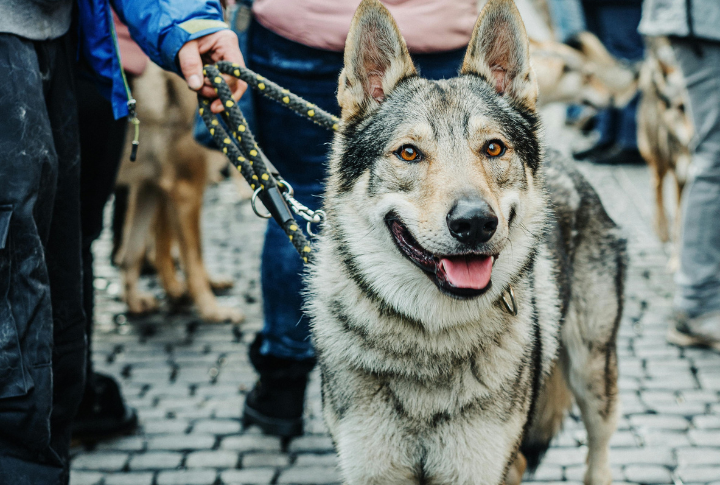
Bringing a wolfdog into your home isn’t like adopting an average pup. Although some owners love the adventure, others realize it’s too late to say they’re not ready. So, take note of these ten important facts about wolfdogs and their adoption. Is it a good fit for you?
What’s Different About Wolfdogs?

A wolfdog is not a regular dog breed. It’s a hybrid animal that results from the crossbreeding of a domestic dog (Canis lupus familiaris) and a wolf, most commonly the gray wolf (Canis lupus). Some act more like dogs, while others keep their wolf instincts strong.
Legal Restrictions Exist

Wolfdogs aren’t legal everywhere. A few states ban them completely, and others require special permits. Even if your state allows them, local laws and HOAs might say otherwise. So, before you get attached to the idea, check with your county and town regulations.
Wolfdogs Need Large Spaces And Strong Fencing
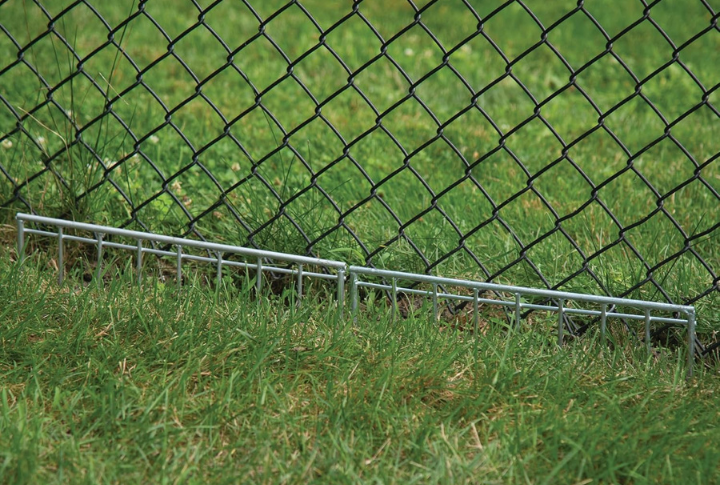
A regular yard won’t cut it. Wolfdogs need space to roam and a secure area to prevent escapes. Don’t think a six-foot fence would be enough. They can easily jump, dig, or climb their way out. A proper enclosure with dig guards and at least eight-foot fencing is a must for their safety.
Their Diet Needs A Raw Meat-Based Plan

Kibble alone can’t meet their dietary needs. Many require raw meat, bones, and organ-based meals to stay healthy. This can be costly and time-consuming. If you’re not comfortable handling raw food or balancing their nutrition, a wolfdog might not be the right choice.
Socialization Is More Complex
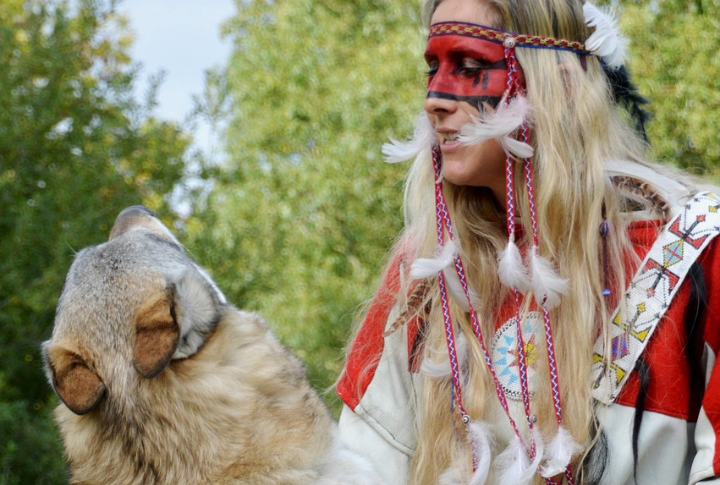
Wolfdogs won’t socialize like labradors. Their intelligence and wild nature come with a strong independent streak. This makes traditional efforts difficult. So, socialization must start early, but even then, they may never behave like a fully domesticated dog. With them, patience is necessary.
Wolfdog Vets Can Be Hard To Find
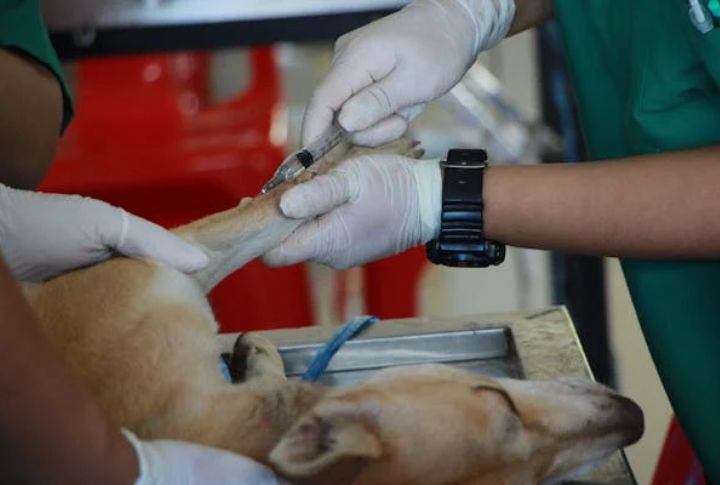
Not all vets will (or can) treat a wolfdog. Some clinics refuse them due to liability concerns or lack of experience. Before adoption, you will need to find a vet who understands their needs. Regular checkups, vaccinations, and emergency care can become complicated if no qualified vet is nearby.
They Need Special Training

For first-time owners, it’s a huge leap. Even if you have experience with dogs, it doesn’t mean you are ready. Unlike domestic dogs, wolfdogs require special training to become safe and loyal pets. You need to have the time and will to understand and adapt to their unpredictable nature.
Their Strong Prey Drive Affects Other Pets
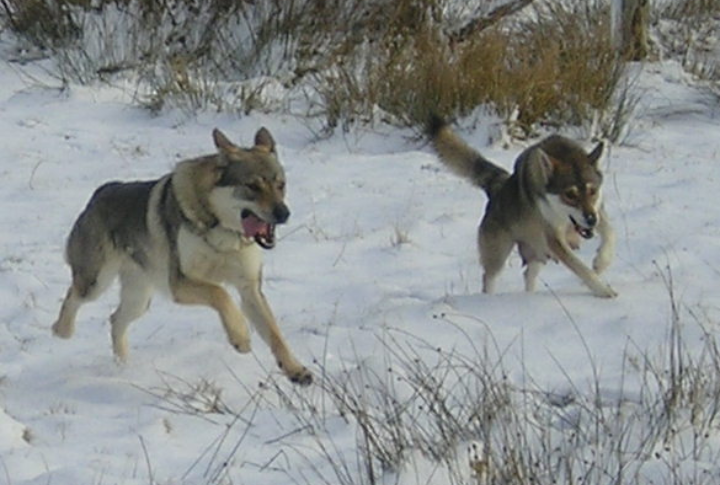
Small pets or animals may not be completely safe with a wolfdog at home. Cats, rabbits, or even small dogs might look like prey—something to chase. While some wolfdogs have been seen to coexist peacefully with other pets, it’s never a guarantee.
Bonding Is Different With Wolfdogs
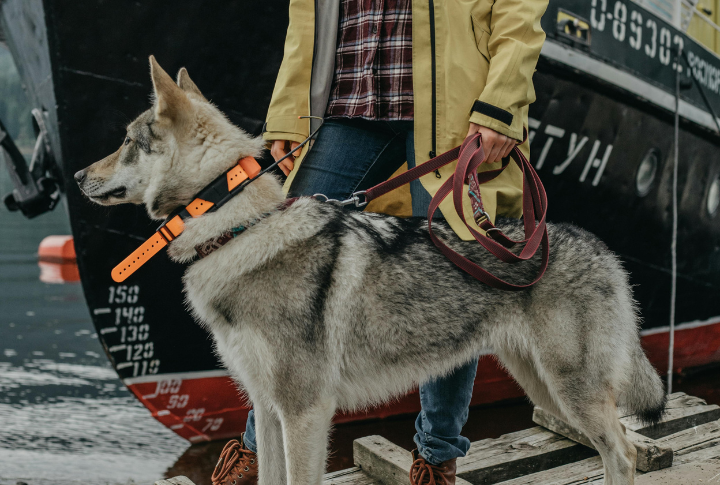
A wolfdog might bond deeply with one or two people, but they won’t always be eager to please you. Their loyalty is different. It’s more reserved and on their terms. If you expect a cuddly, affectionate companion, you might be disappointed. They’ll love you in a very different way.
Wolfdogs Can Live Over 15 Years
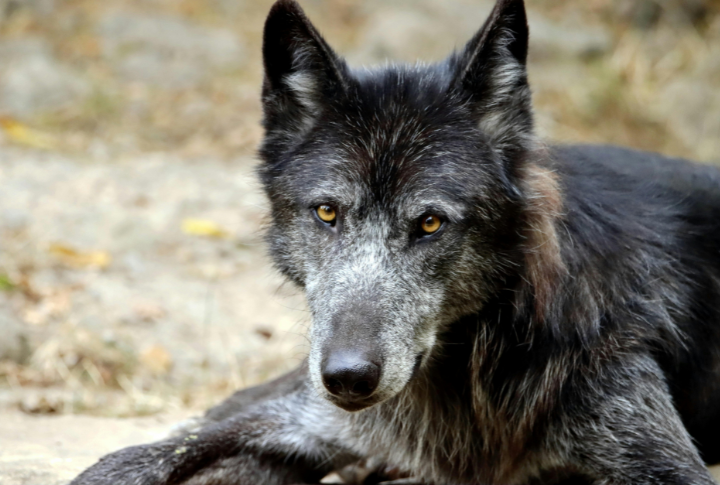
Bringing a wolfdog into your home isn’t a short-term decision. They can live well over 15 years, and caring for them needs solid, long-term dedication. So, before making the decision, reflect on any major changes coming your way—are you confident you can care for them over time?
